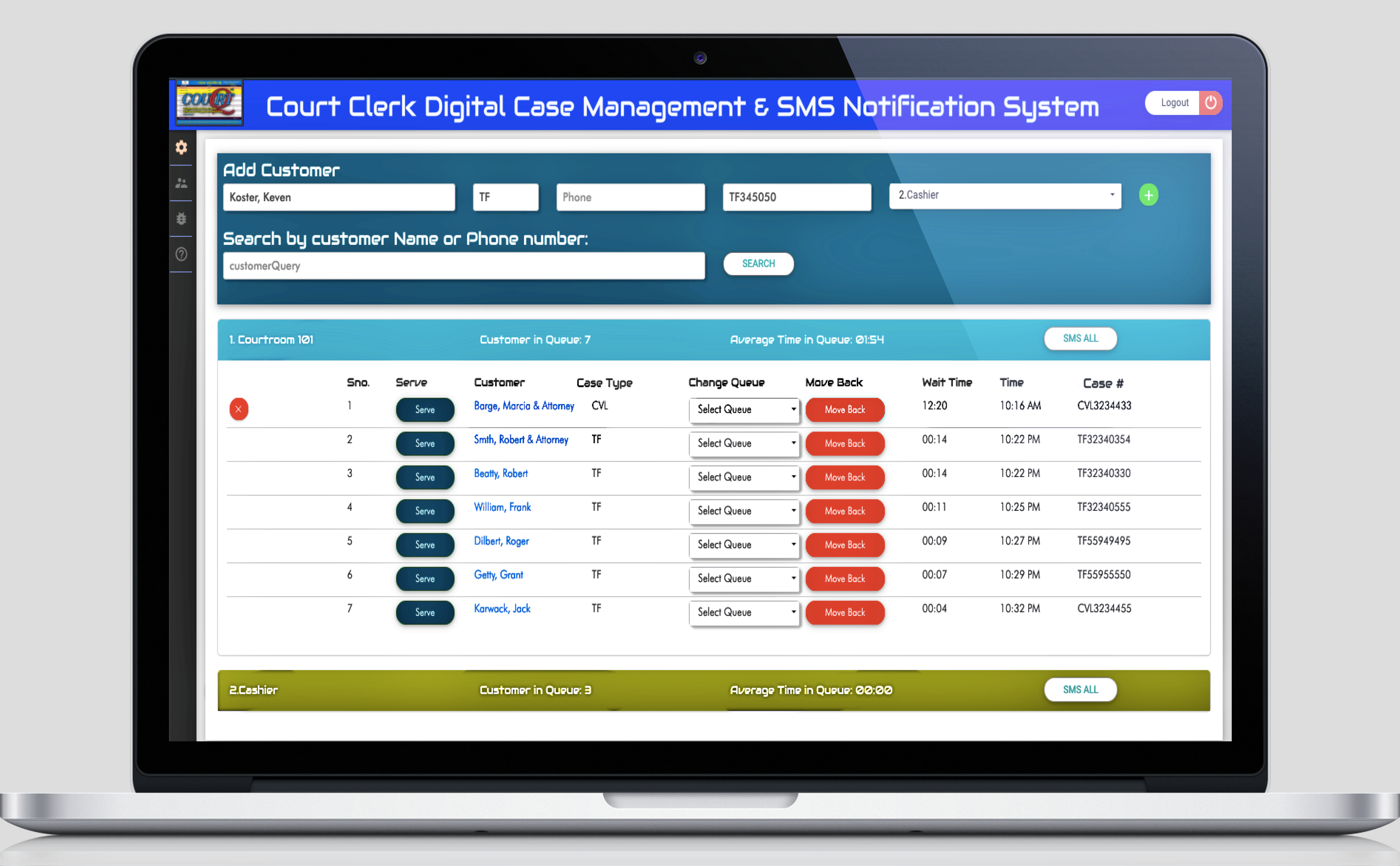
Pueblo Judicial Court Docket: The Ultimate Resource For Legal Information! – The Untold Secrets Revealed!
Introduction to Pueblo Judicial Court Docket
The Pueblo Judicial Court Docket is an indispensable resource for legal professionals, researchers, and anyone seeking information about court proceedings in Pueblo County, Colorado. This comprehensive database provides detailed insights into ongoing and resolved cases, offering a wealth of information that can be leveraged for various purposes.
Benefits and Advantages of Using Pueblo Judicial Court Docket
- Comprehensive Case Information: Access detailed case information including names of parties, attorneys, case numbers, filing dates, and docket entries.
- Real-Time Updates: Stay informed with real-time updates on case status, upcoming hearings, and document filings.
- Searchable Database: Easily search the docket using multiple criteria such as case number, party name, or keyword.
- Public Access: The docket is open to the public, providing transparency and accessibility to court proceedings.
- Legal Research: Attorneys and researchers can use the docket to gather evidence, track legal trends, and analyze case outcomes.
Navigating the Pueblo Judicial Court Docket
Navigating the Pueblo Judicial Court Docket is straightforward and user-friendly. The interface allows users to access various features and search criteria to quickly locate the desired information.
Case Search Options
- Case Number: Enter the specific case number to directly access case information.
- Party Name: Search by the name of a party involved in a case.
- Attorney Name: Find cases involving a particular attorney by searching their name.
- Date Range: Specify a date range to narrow down the search results to cases filed or updated within that period.
- Case Type: Filter results by case type, such as civil, criminal, or family law cases.
Docket Entry Types
The Pueblo Judicial Court Docket provides a detailed record of all docket entries, which are chronological notations of significant events in a case.
- Orders: Court orders issued by the judge, such as rulings, dismissals, or scheduling orders.
- Filings: Documents filed by parties to the case, including complaints, motions, and responses.
- Hearings: Scheduled court appearances, including pretrial conferences, trials, and sentencing hearings.
- Continuances: Postponements or reschedulings of hearings or trials.
- Notices: Informational notices issued by the court, such as jury summons or notices of upcoming deadlines.
Accessing Court Documents
In addition to providing case information and docket entries, the Pueblo Judicial Court Docket also allows users to access court documents electronically.
Electronic Document Access
- Public Documents: Many court documents, such as complaints, orders, and judgments, are available to the public for viewing and downloading.
- Restricted Documents: Certain sensitive documents, such as sealed records or documents containing protected information, may require special permission to access.
- Paid Subscriptions: Some jurisdictions may offer paid subscriptions that provide access to a broader range of court documents.
Benefits of Electronic Document Access
- Convenience: Access court documents from anywhere with an internet connection.
- Time Savings: Avoid the need for in-person visits to the courthouse to retrieve documents.
- Cost Savings: Eliminate the expense of copying or mailing physical documents.
- Environmental Friendliness: Reduce paper consumption and contribute to environmental sustainability.
- Transparency: Promote transparency by making court documents more accessible to the public.
Case Management and Legal Research
The Pueblo Judicial Court Docket serves as a valuable tool for case management and legal research.
Case Management
- Case Tracking: Monitor the progress of cases by tracking docket entries and upcoming hearings.
- Attorney Collaboration: Share case information and documents with colleagues and clients.
- Case Preparation: Access court documents and research case history to prepare for hearings and trials.
Legal Research
- Case Precedent: Identify similar cases and review their outcomes to support legal arguments.
- Legal Analysis: Analyze docket entries and case documents to identify legal trends and patterns.
- Judicial Statistics: Gather data on caseloads, trial outcomes, and sentencing practices.
Privacy and Security Considerations
The Pueblo Judicial Court Docket adheres to strict privacy and security measures to protect sensitive information.
Privacy Protections
- Confidential Information: Personal information, such as social security numbers or financial data, is redacted from public documents.
- Sealed Records: Sensitive documents that could compromise privacy or safety are sealed and restricted from public access.
- Access Restrictions: Access to certain documents may be limited to authorized parties, such as attorneys or parties involved in the case.
Security Measures
- Encryption: Data is encrypted to ensure confidentiality and prevent unauthorized access.
- Firewalls and Intrusion Detection: Robust security measures protect the docket system from cyber threats.
- Regular Audits: The docket system is regularly audited to ensure compliance with security standards.
Conclusion
The Pueblo Judicial Court Docket is an invaluable resource for individuals seeking information about court proceedings and legal matters. Its comprehensive database, easy-to-navigate interface, and robust features make it an essential tool for legal professionals, researchers, and the public alike.
By utilizing the Pueblo Judicial Court Docket, users can gain insights into ongoing cases, track case progress, access court documents, and conduct legal research. The docket’s commitment to privacy and security ensures the protection of sensitive information while promoting transparency and accessibility to court proceedings.
Leave a Reply